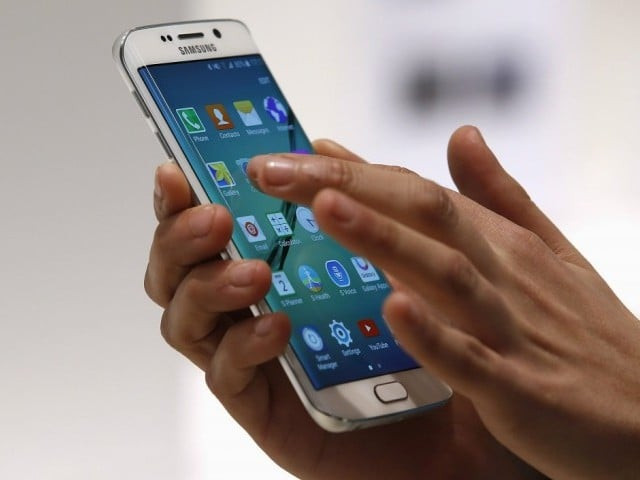Application launched to tackle cyber-extremism
The application called Surfsafe has been developed by NACTA and works on both Android and iOS devices

The application called Surfsafe has been developed by NACTA and works on both Android and iOS devices. PHOTO: FILE
The application called Surfsafe has been developed by the National Counter Terrorism Authority (NACTA) and works on both Android and iOS devices.
NACTA develops online portal to report abuse, extremist content
"Strict enforcement of cybercrime laws is absolutely necessary to overcome this massive challenge of online extremism. Surfsafe is a step in that direction," NACTA Director Ehsan Ghani told VOA.
"People, unfortunately, at times get attracted to extremist ideologies without even realizing it. Through this program [application], we will create awareness and block online materials involved in provoking extremism in any capacity," Ghani added.
Regrettably, militants along with some sectarian and radical outfits still operate online in the country despite strict cybercrime laws. But officials are now optimistic that Surfsafe will help them rein in websites that promote extremist ideologies.
Surfsafe is a part of the implementation of the National Action Plan (NAP), adopted in 2015 to crackdown on terrorism and extremism. Social media experts, however, say restricting the presence of terrorists on the internet is a daunting task because militant networks have become more tech savvy in recent years.
"We do not think such initiatives of cosmetic nature will do any good," Shahzad Ahmad, Director Bytes for All, a digital rights advocacy group, said.
"Extremist groups have hired cyber armies in large numbers which are being used to manipulate democratic discourse, stifle political expression and undermine fundamental rights in cyberspace," he added.
Nighat Dad, Executive Director Digital Rights Foundation told VOA that online extremism is a global issue. "It becomes more complex in Pakistan because the government has no political will to deal with it," Dad said.
According to Bytes for All, despite government's initiatives and cybercrime laws, militants continue to easily reach millions of internet users in the country through their high-tech networks.
Last year, the government announced it would ask major social media companies such as Facebook and Twitter to block pages promoting ‘hatred,’ ‘violence’ and ‘blasphemy.’
"In order to enforce Surfsafe fully, the government will continue to contact social media networks to take down pages and accounts involved in inciting hatred and terror," Ghani said. "This is a matter of our national security."
Muslim campaigner Sara Khan to head UK anti-extremism drive
Twitter last year also announced it had suspended 376,890 accounts globally that were promoting violence and terrorism.
According to the Pakistan Telecommunication Authority (PTA), about 51 million of Pakistan’s 190 million people have internet access.
Officials express concern that militant groups continue to reach and lure youth. Critics believe unless the government stops the terrorist groups' activities on the ground, silencing them on the internet would not be that effective.
This story originally appeared on the VOA.


















COMMENTS
Comments are moderated and generally will be posted if they are on-topic and not abusive.
For more information, please see our Comments FAQ